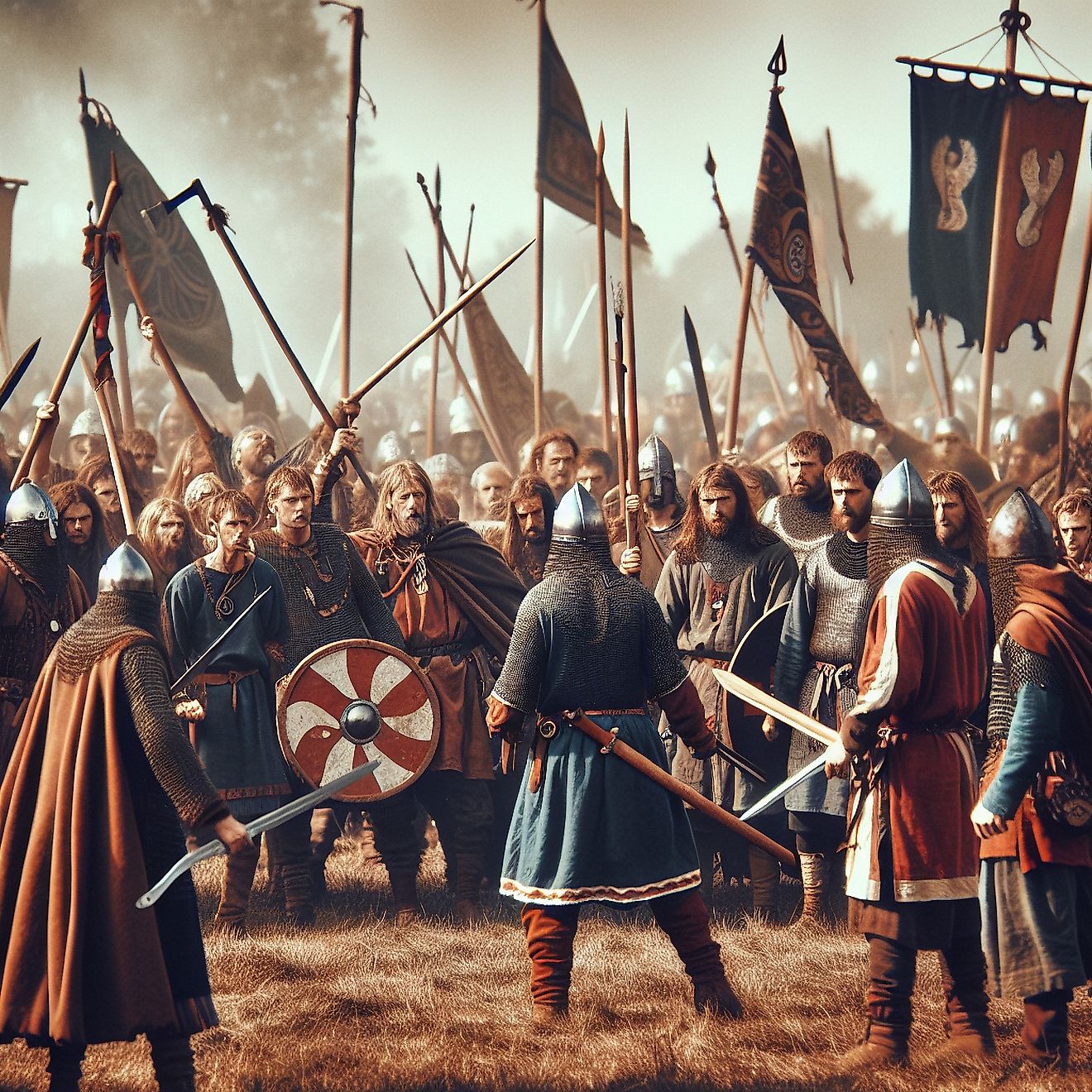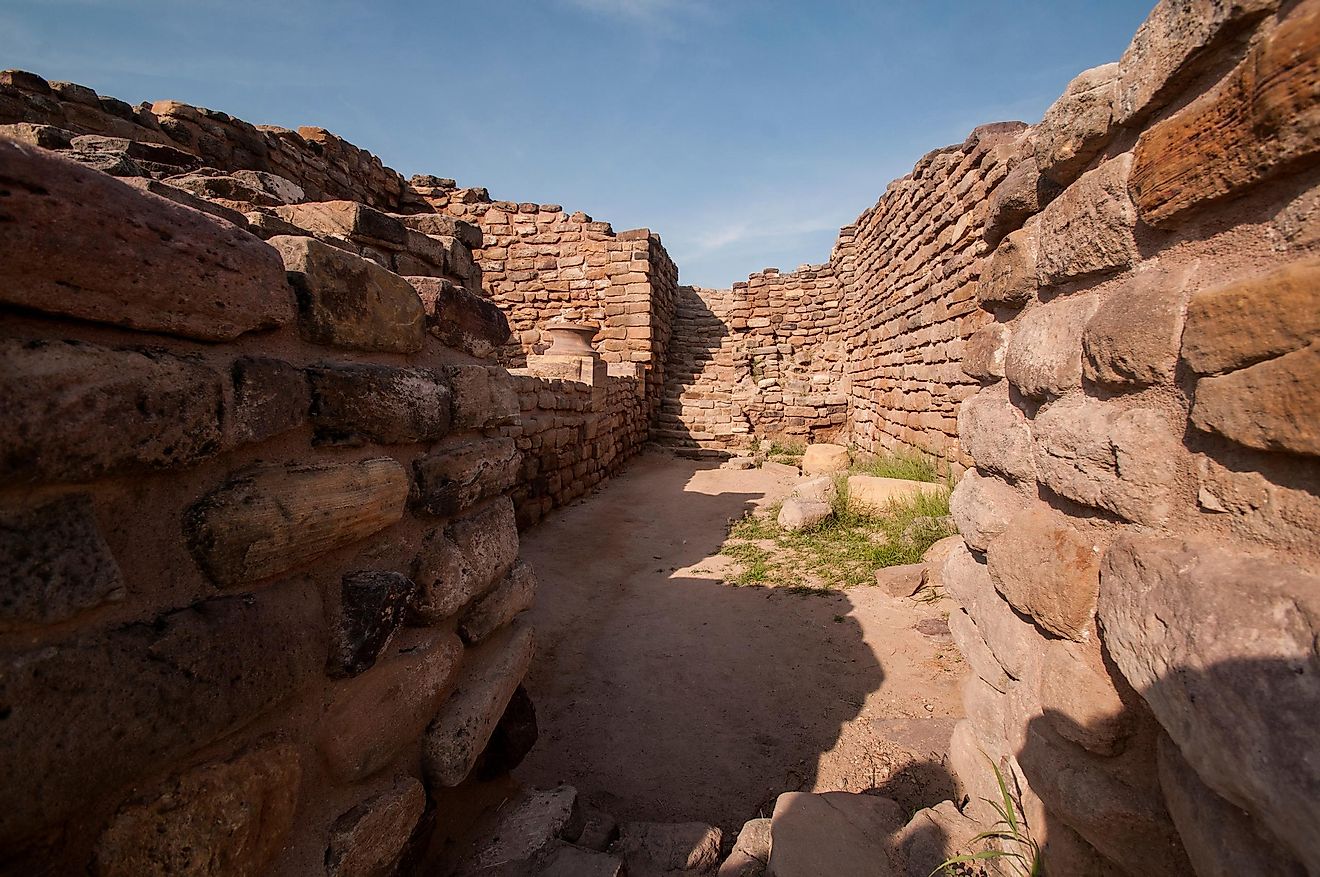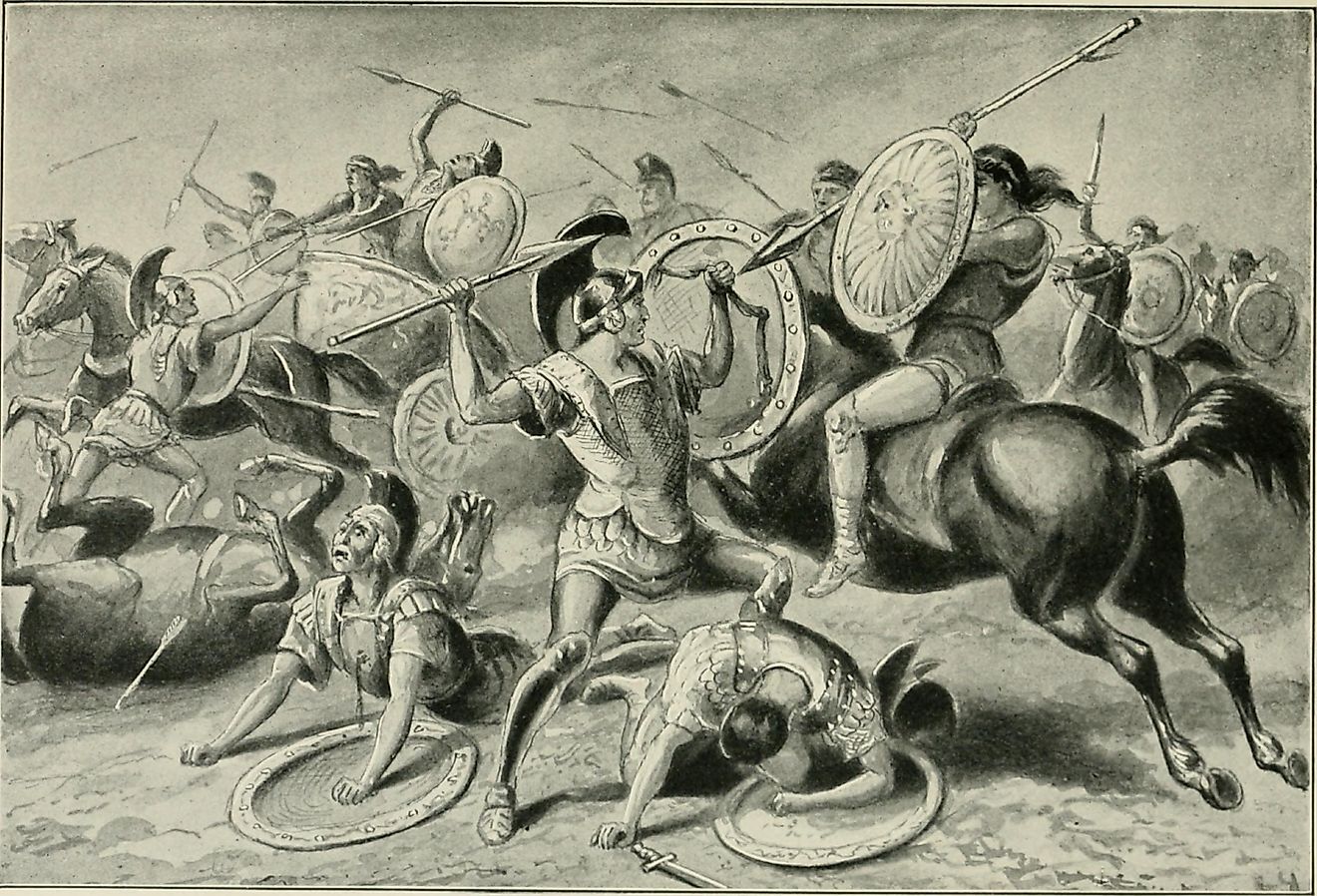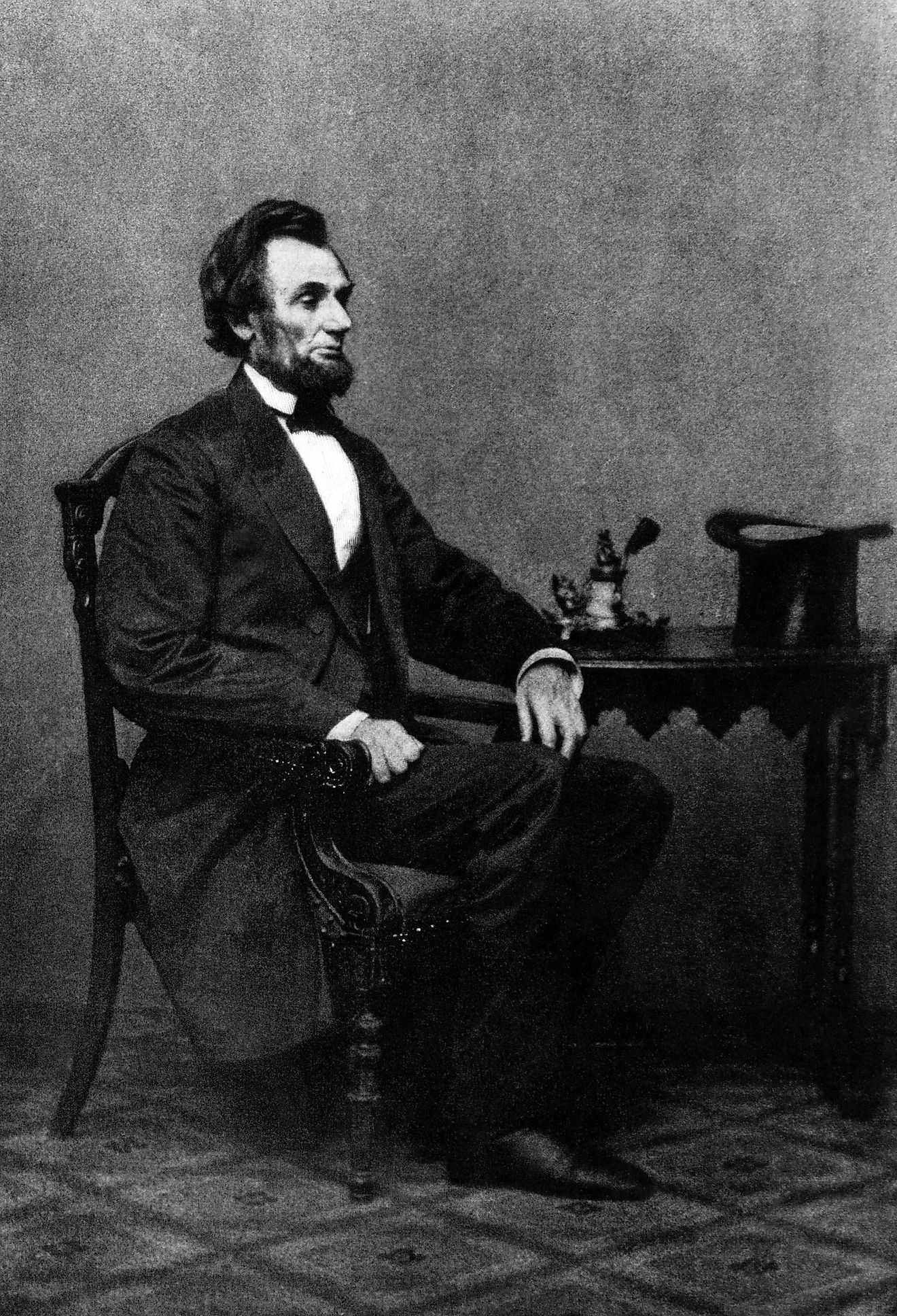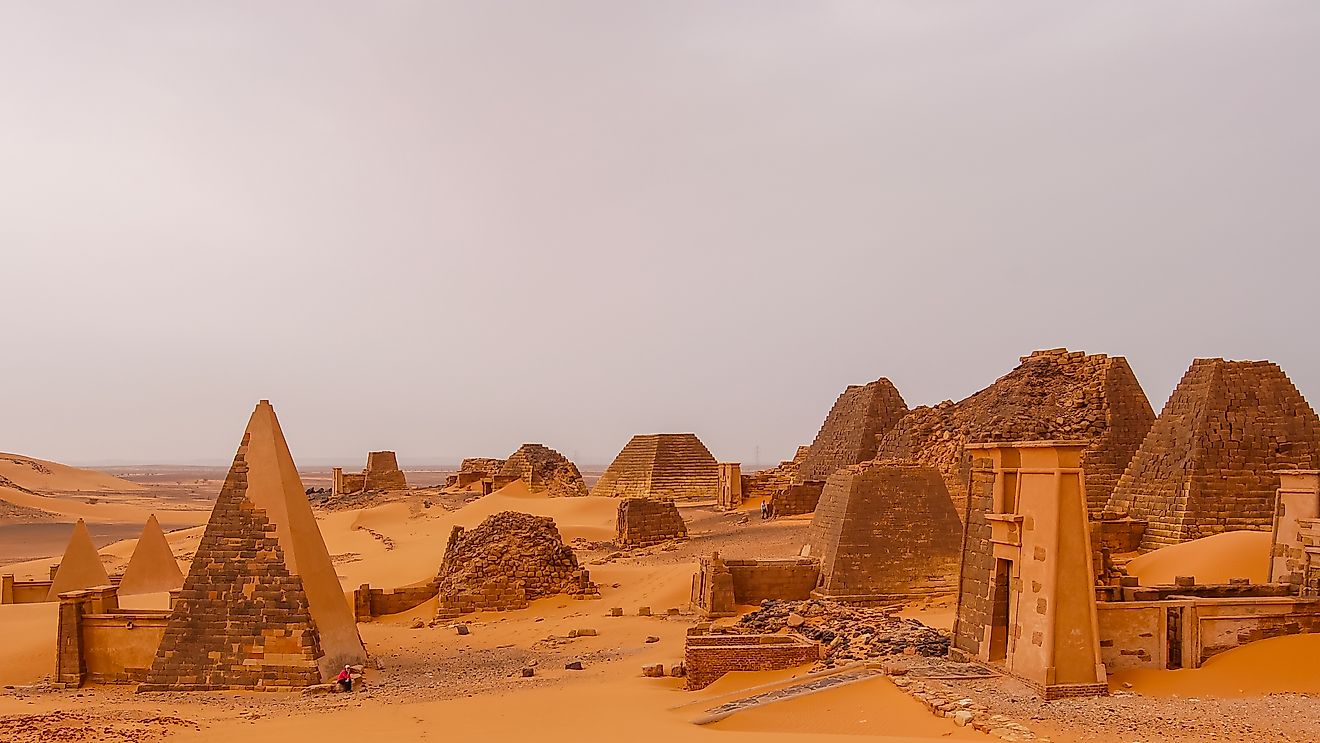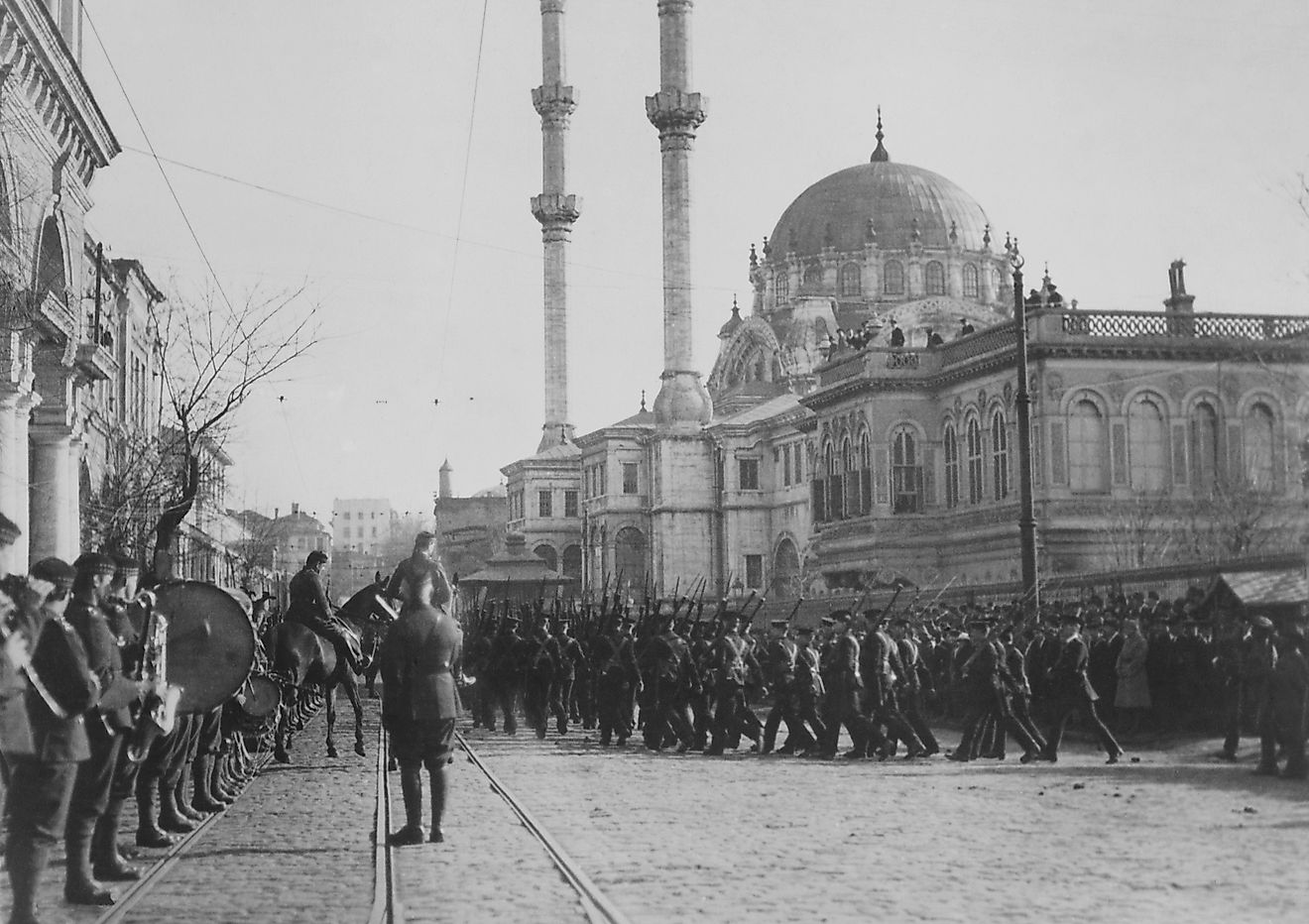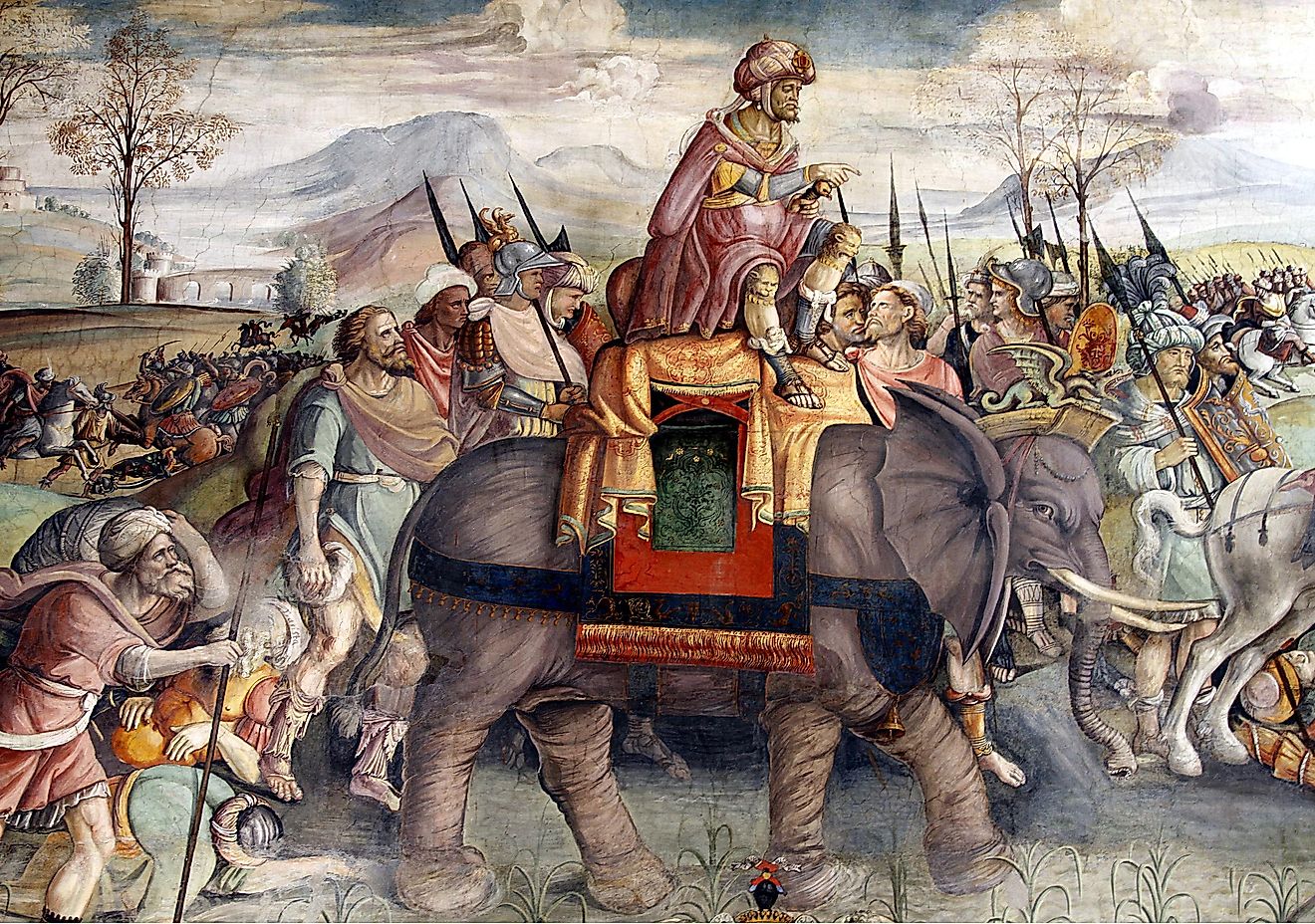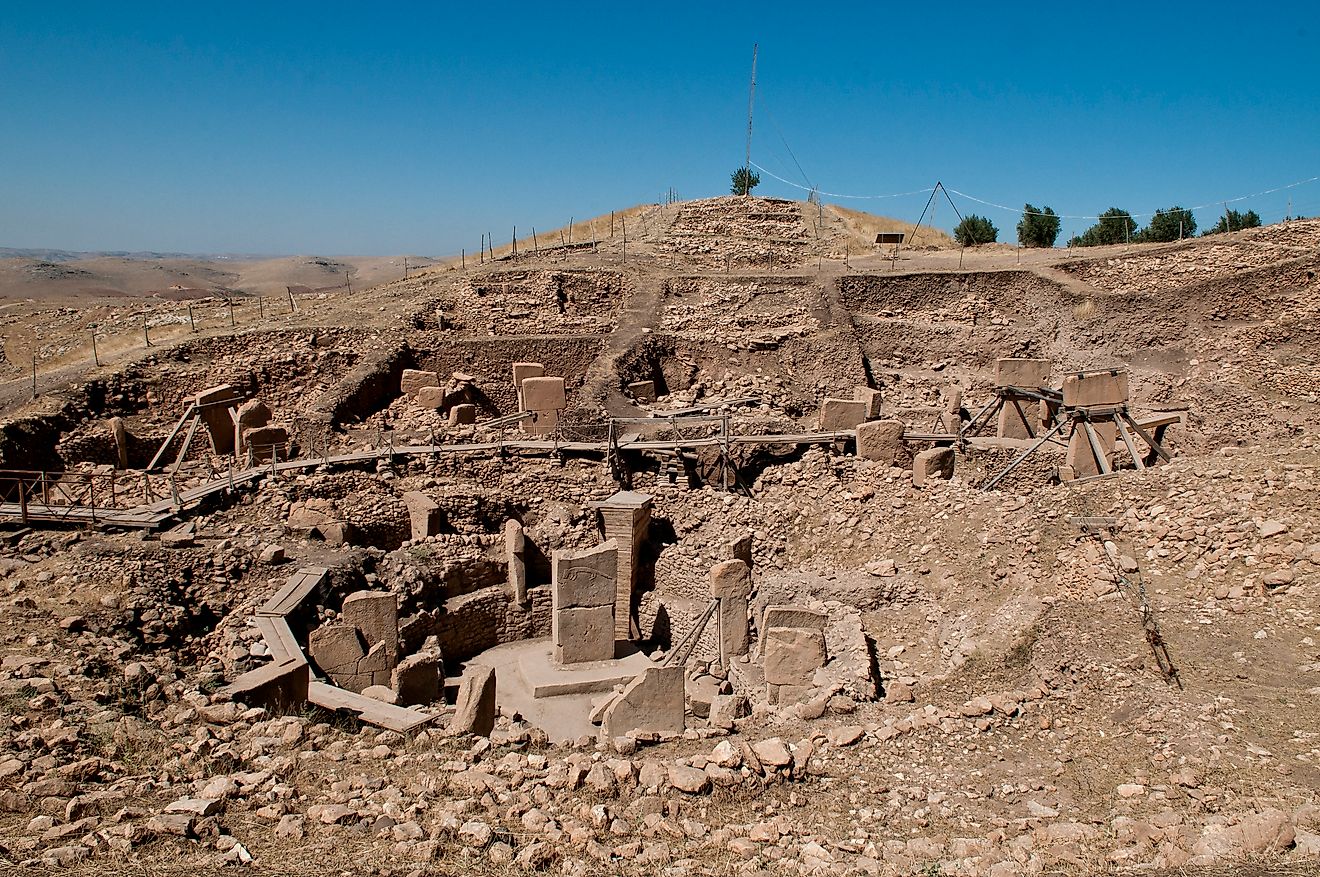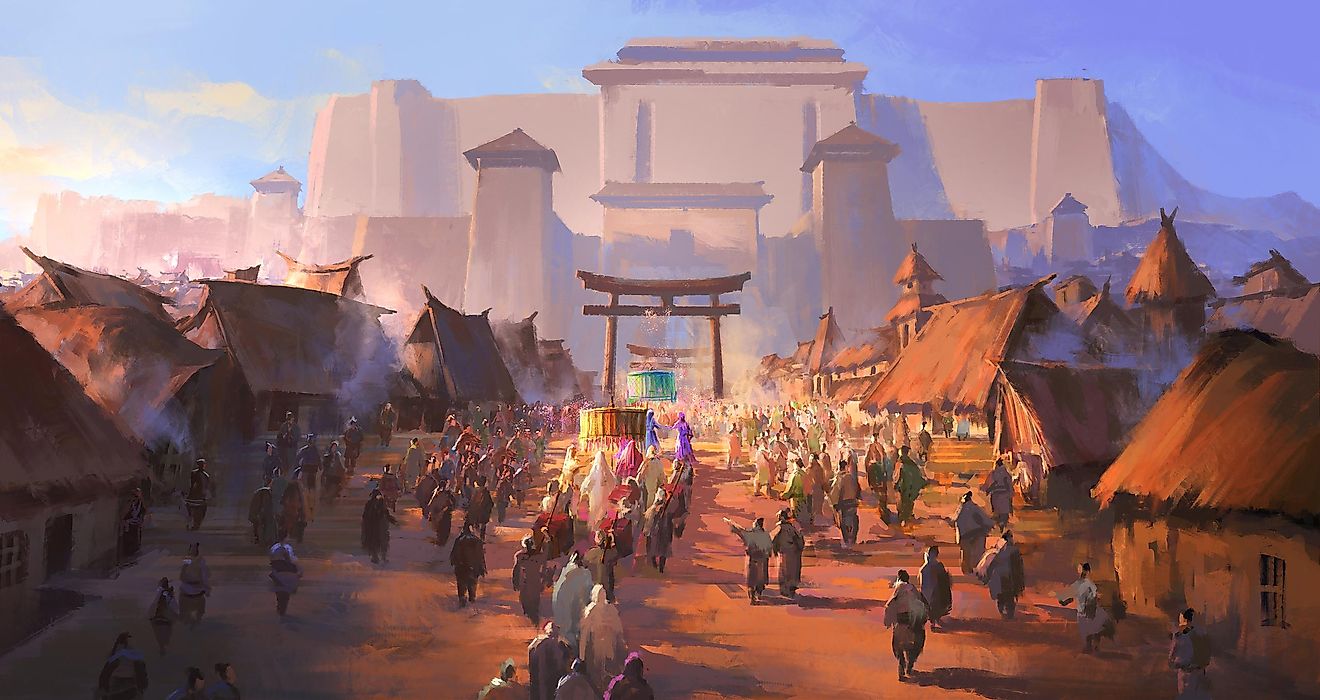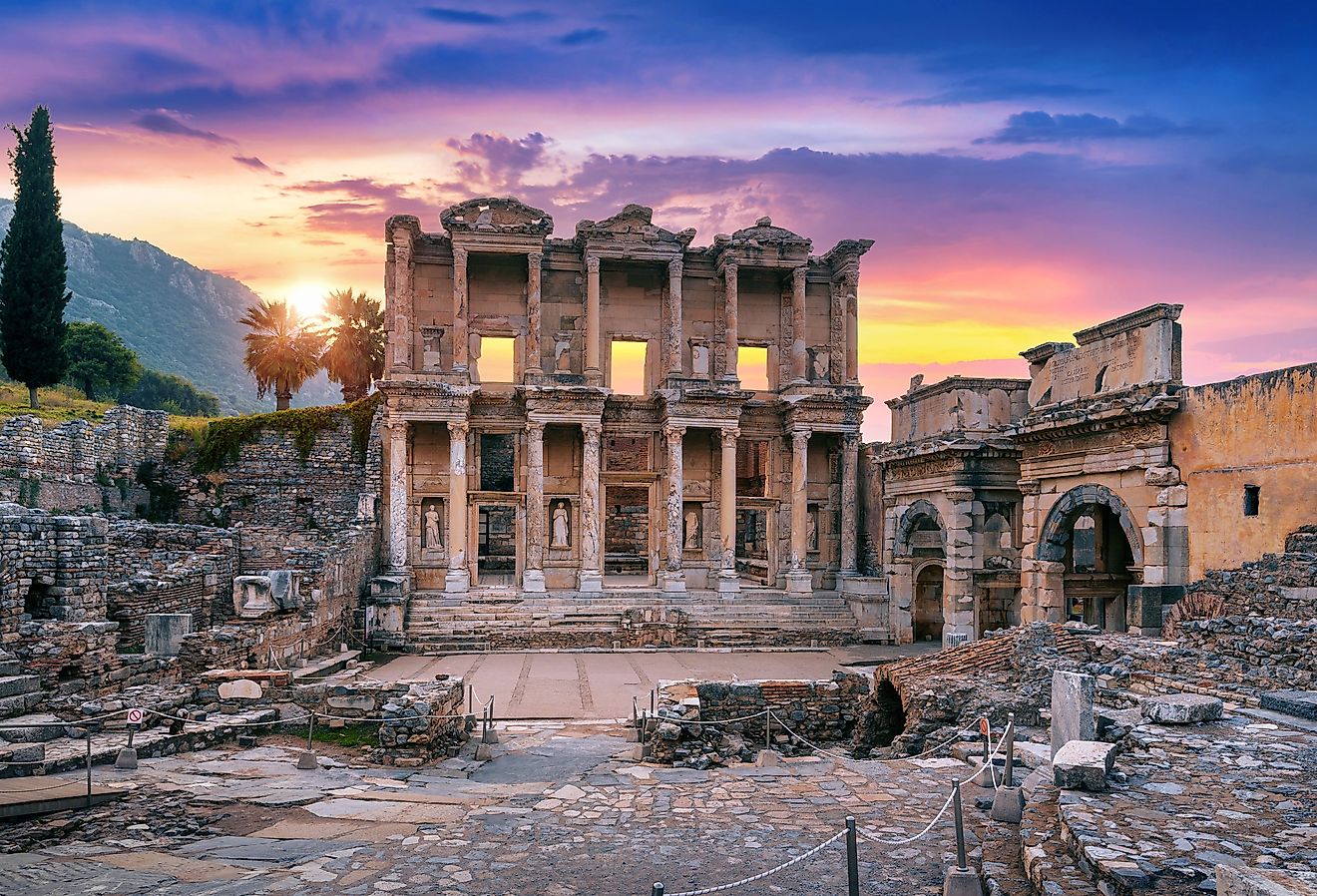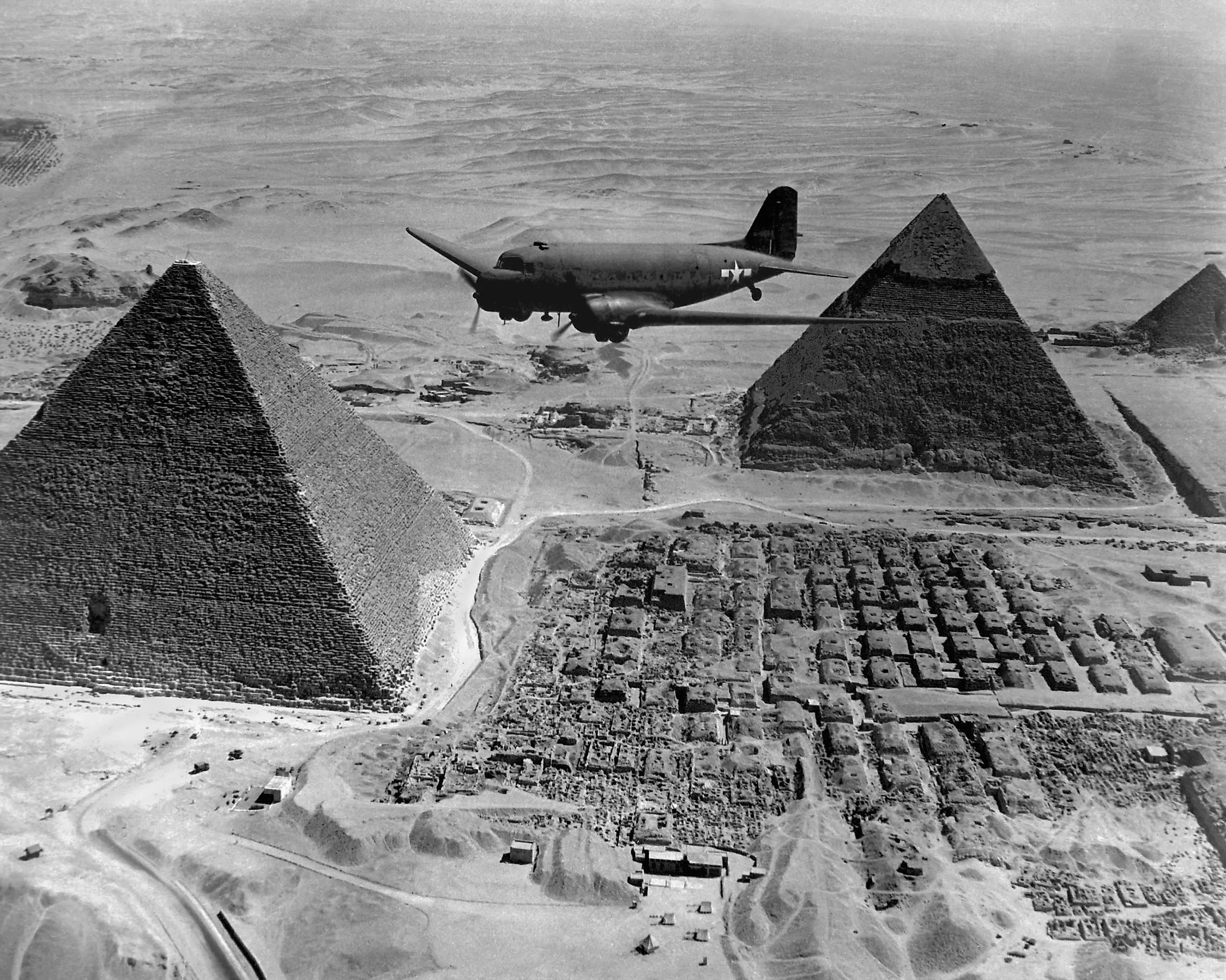
War In Africa During WW2
While ultimately a sideshow, the North African campaign in World War II still holds importance. Indeed, it represented the culmination of years of Italian imperial aspirations on the continent. Furthermore, Italy's incompetence forced Germany to come to its aid, thereby hindering Adolf Hitler's aspirations elsewhere. All these aspects and more make exploring the war in North Africa worthwhile.
Background
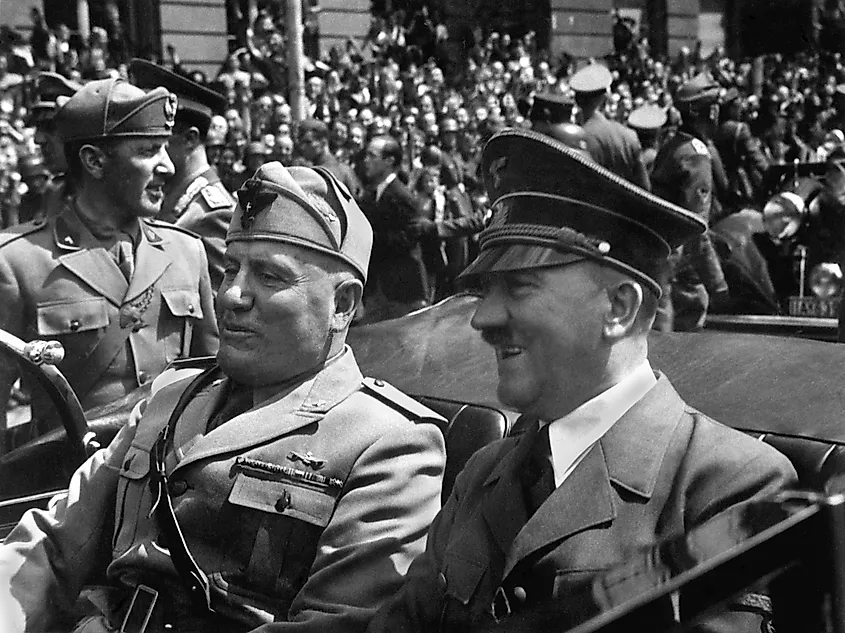
The roots of the campaign can be found in Benito Mussolini's rise to power. A colonel in World War I, Mussolini organized fascist groups alongside other disaffected Italian veterans after the war. This eventually culminated in the 1922 March on Rome, a coup that resulted in the Fascist Party rising to power. Over the next years, Mussolini transformed Italy into a fascist dictatorship, banning all other political parties and declaring himself il Duce (leader in Italian) in 1929.
One of the core elements of fascism is the notion of "national rebirth." Roger Griffin articulates this concept as a backward and forward-looking phenomenon that looks to a nation's history but reinterprets this history in a modern context. Mussolini aimed to instantiate this concept by recreating the Roman Empire in the 20th century. When combined with Italy being humiliated by Ethiopia (then known as Abyssinia) in the 1880s, this set the stage for an invasion in 1935. The war was brutal, with the use of mustard gas and widespread massacres prompting condemnations of Italy by the League of Nations. Nonetheless, Italy occupied Ethiopia in 1937.
The Campaign
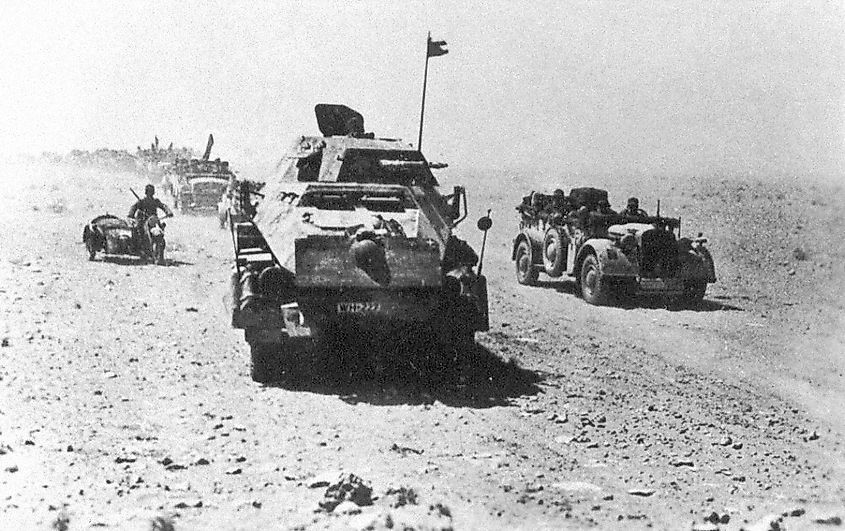
While World War II began on September 1, 1939, Italy did not enter the war until June 10, 1940, when it was all but certain that Germany, Italy's ally, would defeat France. The following day, British forces raided Italian-held positions in Libya. Thereafter, Mussolini ordered the Italian army to invade Egypt, with six divisions beginning their advance into the Western Desert on September 13. However, Italy proved to be utterly incompetent, with its army suffering defeat after defeat, forcing the Nazis to come to their aid in February 1941.
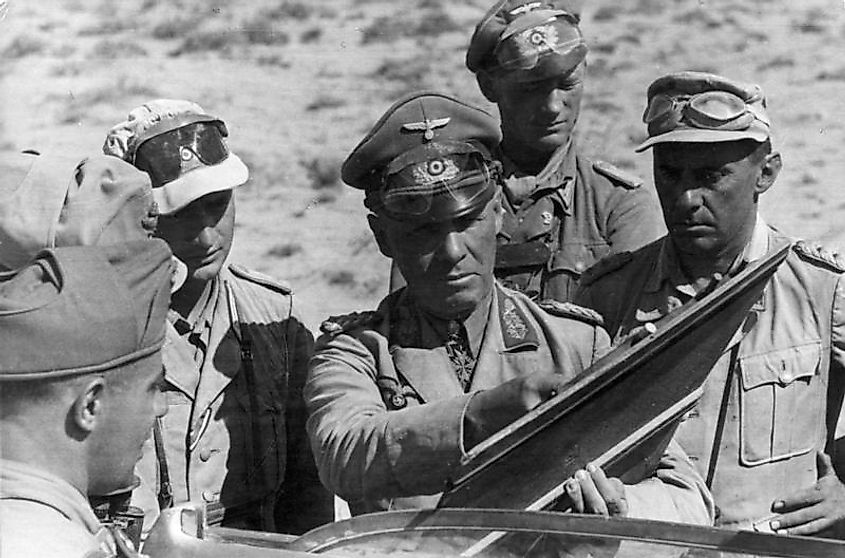
The German expeditionary force was known as the Afrika Korps. Headed by Field Marshal Erwin Rommel, the Axis' North African campaign became far more successful under his command. Indeed, by mid-1942, it appeared that the Nazis would be able to take both Cairo and the Suez Canal. But, the importance of these victories would have been limited; wartime meant that ships could not use the canal, and even if they could, the Nazis did not have the necessary supplies to exploit this advantage. Furthermore, the German advance was halted in July 1942 in the First Battle of El Alamein. As the year progressed, the situation deteriorated further, with the Americans landing in Morocco and Tunisia to fight against the Nazi-Allied Vichy French forces. Finally, by May 1943, the Axis was completely out of North Africa.
The Aftermath
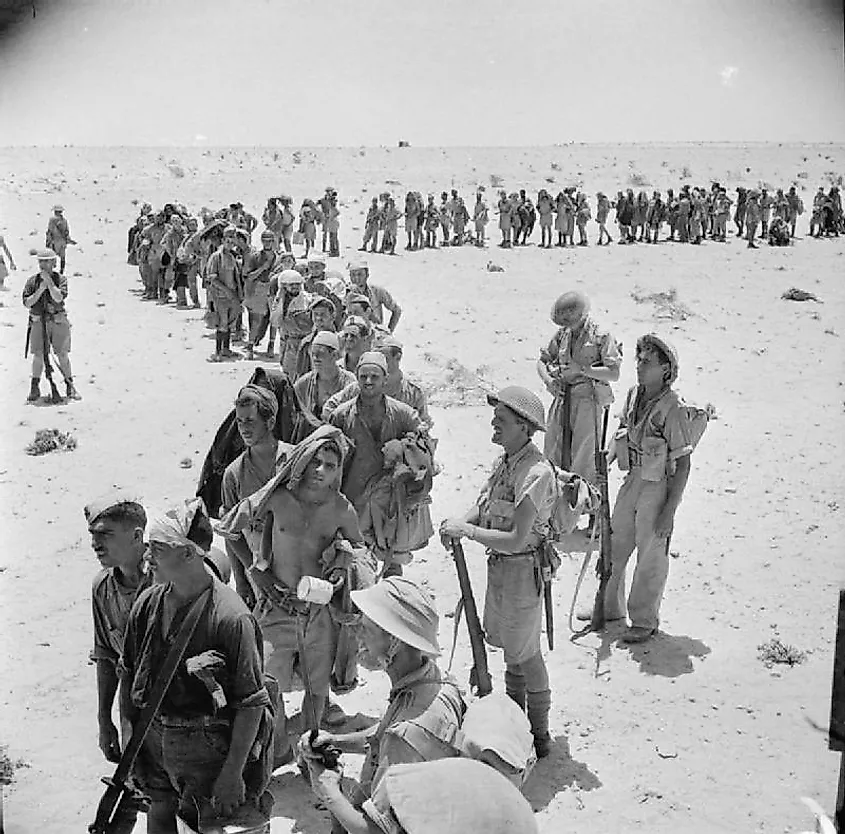
Two months after fighting stopped in North Africa, the Allies invaded Sicily in a campaign known as Operation Husky. Two months after that, they invaded mainland Italy. With these developments, the Fascist Party got tired of Musollini and removed him from power, after which they imprisoned him and made peace with the Allies. However, once Italy switched sides, Germany occupied the country, and Nazi paratroopers rescued Mussolini from prison. They then installed him as a puppet leader in Northern Italy. But, these measures were ultimately futile. With the Soviets making steady progress in the east and the Allied invasion of France in the summer of 1944, the war was rapidly coming to a close. The Nazis finally surrendered in May 1945, with Hitler killing himself on April 30 and Mussolini being executed by partisans and hanged in the public square in Milan on April 28.
In conclusion, while not crucial to the outcome of the Second World War, the North African campaign remains important to consider when assessing the conflict. Indeed, Italy's ambitions in the region were indicative of a greater fascistic tendency. Furthermore, Italian incompetence forced German resources to be diverted to this less important front. All these factors and more mean that Africa in World War II should not be overlooked.
